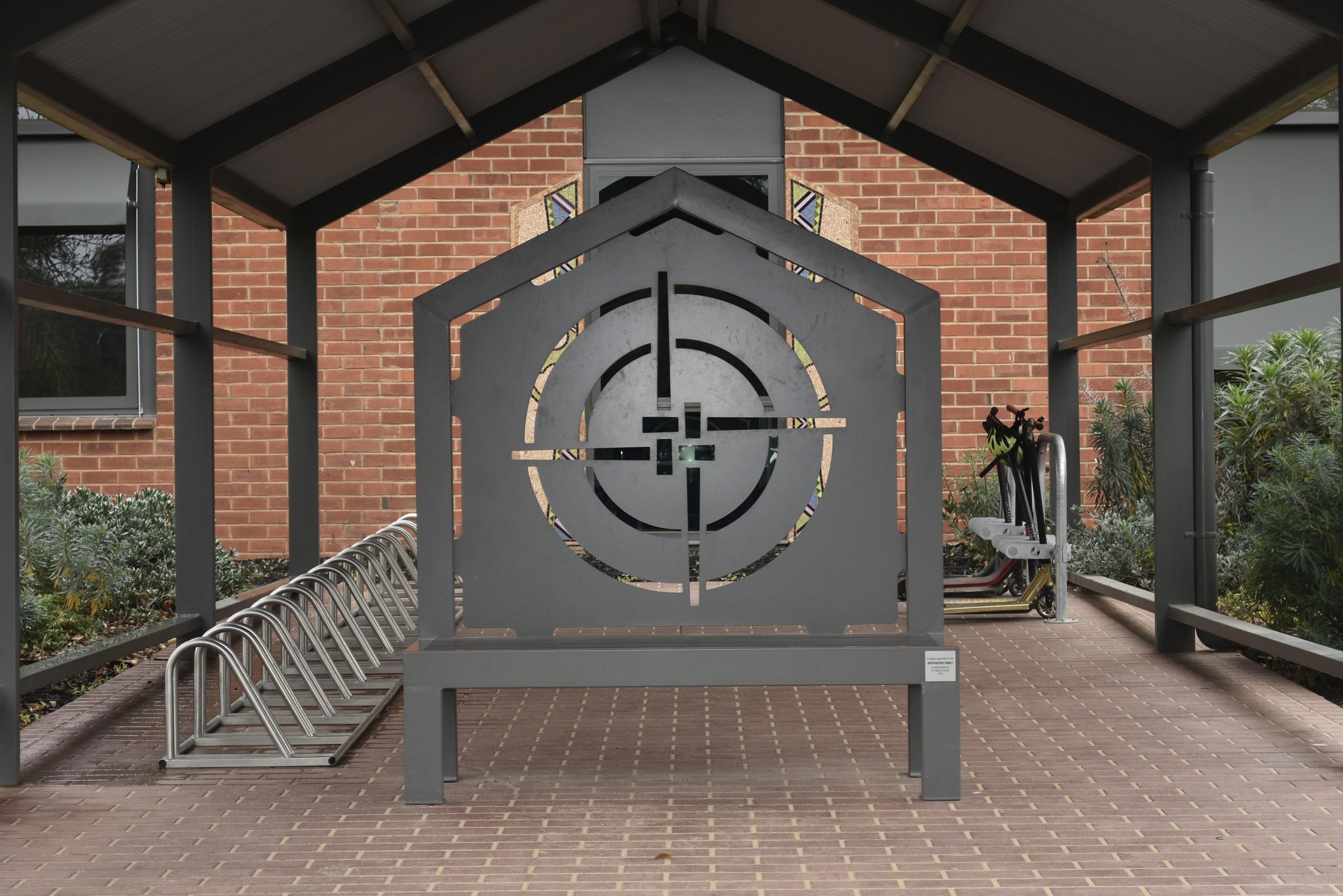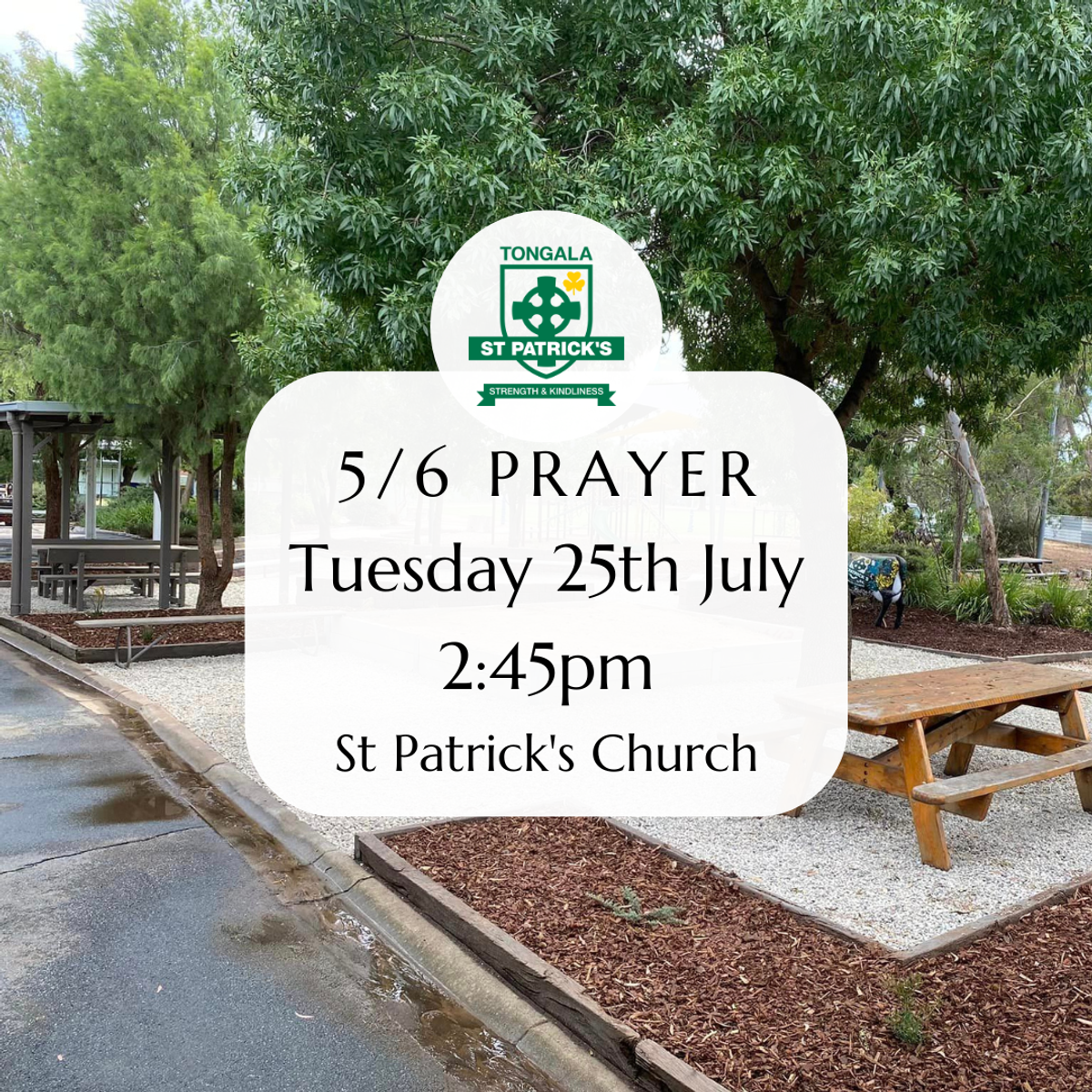Catholic Identity
Leader: Katie Rasmussen

Catholic Identity
Leader: Katie Rasmussen
Sunday's Gospel was the Parable of the Sower. It is interesting to reflect both on the Gospel and the way it relates to the Catholic Church in today's society. The National Catholic Education Commission's reflection on the Gospel explores how the parable is relevant to us today and also how the Catholic Church can continue to spread our message moving forward.


The Parable of the Sower
13 That same day Jesus went out of the house and sat beside the sea. 2 Such great crowds gathered around him that he got into a boat and sat there, while the whole crowd stood on the beach. 3 And he told them many things in parables, saying: “Listen! A sower went out to sow. 4 And as he sowed, some seeds fell on the path, and the birds came and ate them up. 5 Other seeds fell on rocky ground, where they did not have much soil, and they sprang up quickly, since they had no depth of soil. 6 But when the sun rose, they were scorched; and since they had no root, they withered away. 7 Other seeds fell among thorns, and the thorns grew up and choked them. 8 Other seeds fell on good soil and brought forth grain, some a hundredfold, some sixty, some thirty. 9 Let anyone with ears listen!”
Meaning for today/challenges:
Parables are based on metaphors, comparing two things and finding meaning in the overall subject. This one invites us to think from multiple perspectives.
If the sower is Jesus (God) and the seeds God’s words (vision and action), then the parable speaks of spreading of the word of God. We, people, become the soil; at times not very receptive or momentarily receptive: hearing God’s word but then letting it die off or be choked out with competing interests.
At another level though, we could be the sower. Is Jesus telling his disciples that in God’s kingdom they must be him? From this perspective we are invited to think about what we say and do – what we sow.
Yet again, we could be the seed, thrown by God into circumstances of varying possibility. Facing defeat at times, finding fertile ground at other times. However you may interpret it, the parable contains lessons to be learned: do not be deterred; expect challenge; chose what to sow carefully; don’t stop planting! The parable of the sower is an invitation to hope.
Today the world is changing far more rapidly than Jesus’ could have ever imagined. We must find innovative and new solutions for the challenges of our times. Tradition is not enough, we must live with creativity (Pagola, 2012, p. 127). We live in a much more secular society than ever before and the traditional methods for sharing the stories of Jesus; evangelising, are less effective. This does not mean that what we sow does not have value but that the method of sharing must use the best biblical knowledge with imagination, creativity and boldness. This parable itself challenges us to move into new ways of living with God.
- National Catholic Education Commission



